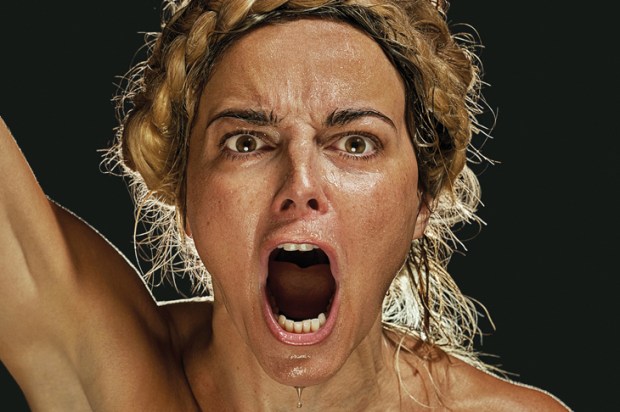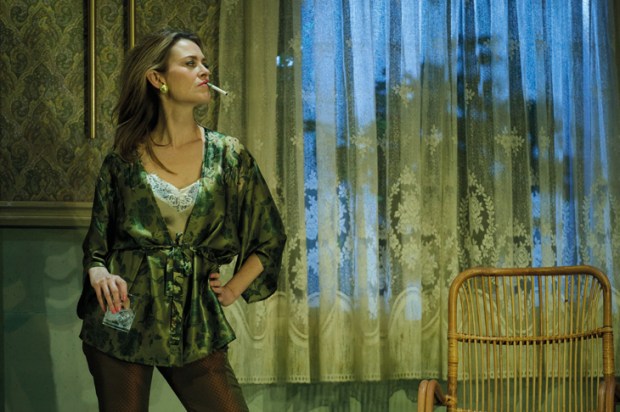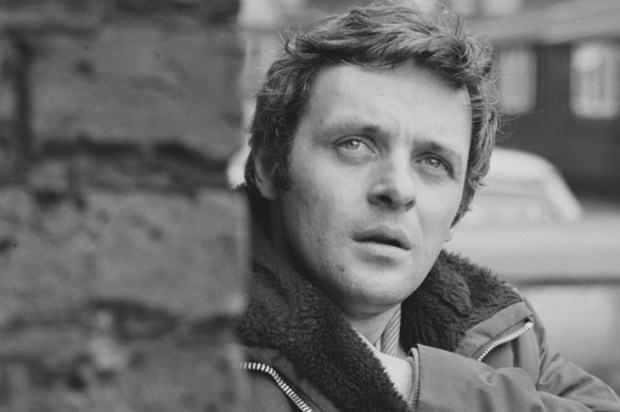What a whirlwind the world of the arts can be. Gabrielle Carey who changed forever the image of teenage girlish life and then went in a thousand other directions is dead and the world gasped. All you could say was poor fellow my country. The Sydney Film Festival which is soon to be upon us has a film, The New Boy, by that notable indigenous director Warwick Thornton which has Cate Blanchett as a remarkable nun looking after black kids as well as a new star, Aswan Reid.
Already a subscriber? Log in
Subscribe for just $2 a week
Try a month of The Spectator Australia absolutely free and without commitment. Not only that but – if you choose to continue – you’ll pay just $2 a week for your first year.
- Unlimited access to spectator.com.au and app
- The weekly edition on the Spectator Australia app
- Spectator podcasts and newsletters
- Full access to spectator.co.uk
Unlock this article
You might disagree with half of it, but you’ll enjoy reading all of it. Try your first month for free, then just $2 a week for the remainder of your first year.














Comments
Don't miss out
Join the conversation with other Spectator Australia readers. Subscribe to leave a comment.
SUBSCRIBEAlready a subscriber? Log in